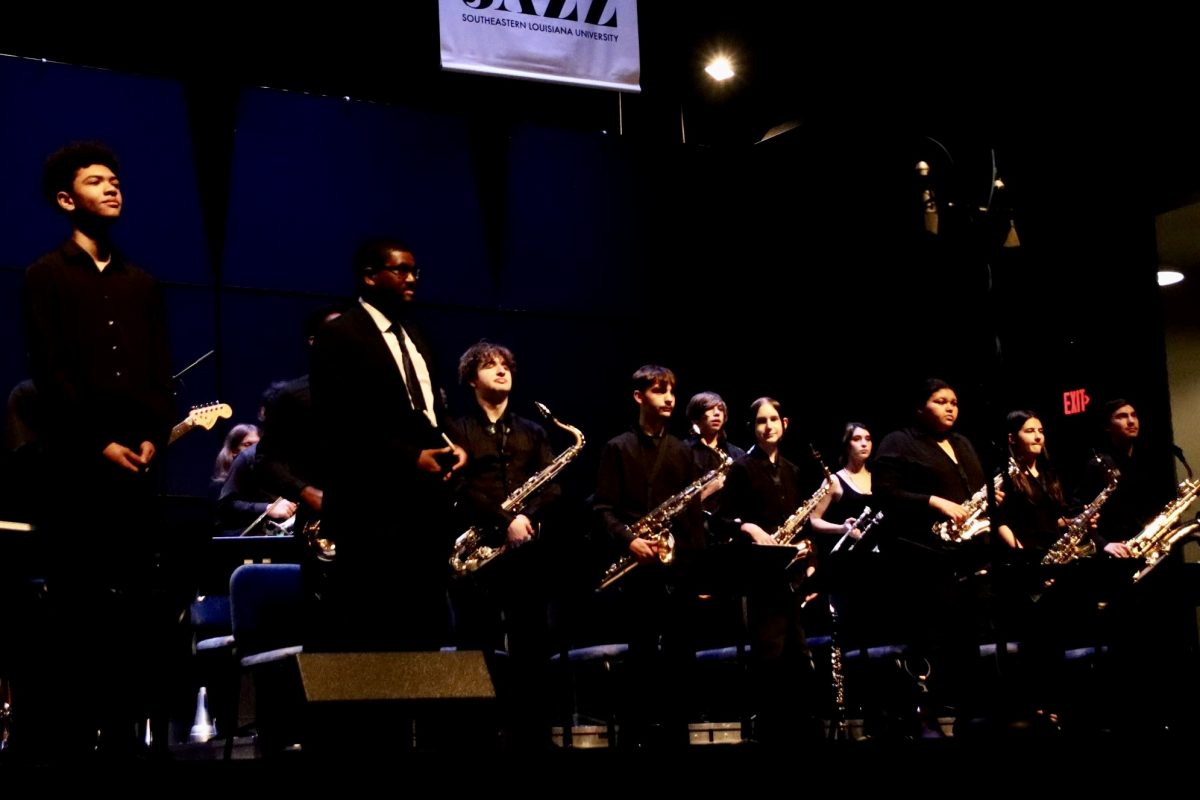Mardi Gras is a beloved holiday here in Louisiana that is known to bring in crowds from far and wide for a month-long celebration. However, many don’t know the origins of the tradition.
Mardi Gras, otherwise known as Carnival, is celebrated all over the world the day before the season of Lent begins. This year, Mardi Gras falls on Tuesday, Feb. 13. The celebration was first started to use all the fatty products in the home before fasting began in the Lenten season.
The first American Mardi Gras took place in 1699 when two French explorers, Pierre Le Moyne d’Iberville and Sieur de Bienville, landed close to modern-day New Orleans and named the spot Point du Mardi Gras. More formal celebrations followed in Mobile, Alabama in 1703.
Traditions including balls, parades and parties eventually made their way over to the established city of New Orleans and were common by the 1730s.
The first enduring krewe in New Orleans was the Mistick Krewe of Comus, followed by the Krewe of Proteus, Rex and the Knights of Momus.
During the Mardi Gras season, these krewes would have their own balls and parades. During these celebrations, krewe members would wear masks. The tradition was started to protect the members’ identities and allow people of different social classes to mingle.
“It was always celebrated as if you were not meant to be seen as the rich planter’s son versus the poor commoner’s daughter, so everybody could get out in the streets and have a good time,” explained Dr. Samuel Hyde, professor of history at Southeastern and director of the Center for Southeast Louisiana Studies.
Up until the Krewe of Zulu came along in 1909, most established krewes were segregated.
Many of the older krewes were dominated by white men. To combat segregation, legislation was passed in 1992 stating krewes could not parade if they had membership barriers based on race, sex, national origin, religion or sexual preference.
The oldest established krewe, the Mistick Krewe of Comus, refused to parade due to the new legislation. While they continue to hold balls every year, they have not paraded since 1991.
“Superkrewes” like Bacchus were products of the 1960s through 1980s, just like Hammond’s own Krewe of Omega. These krewes were increasingly more diverse.
“You’ll see the newer ‘superkrewes’ reflecting the way the south and the world have changed,” Hyde said.
Founded in 1985, the Krewe of Omega was started by students from Southeastern. Since then, the krewe has expanded. The members hold yearly balls and parades and they even have events throughout the year.
“Everything we do, we make fun. That’s the whole idea. You’re able to make a lot of new friends too,” said Pat Tucker, the krewe’s longest-standing member.
Whether you’re celebrating in New Orleans, Hammond, or anywhere in between, there are several parades and events anyone can participate in and laissez les bon temps rouler!










